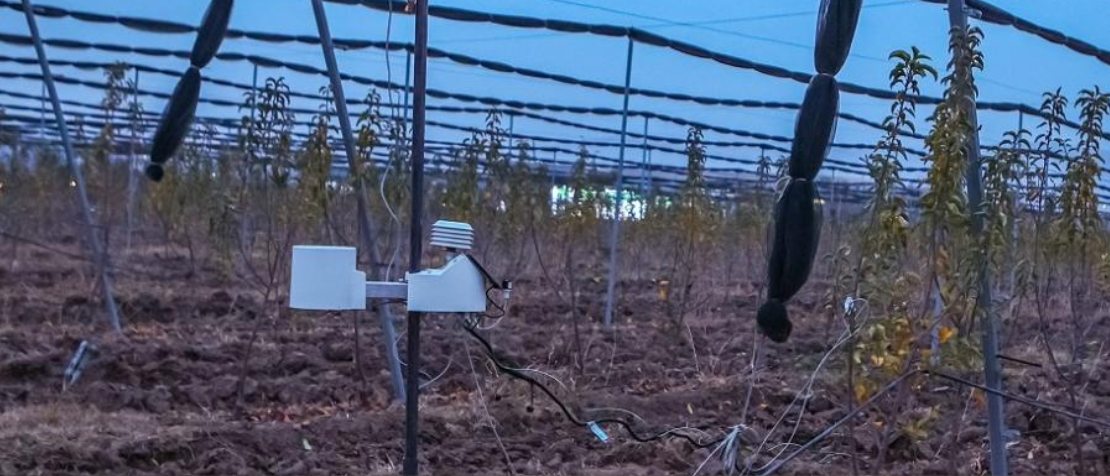FAO surveys digitalization of agriculture in Tajikistan

©FAO/Didor Sadulloev
From September to December 2024, the Food and Agriculture Organization of the United Nations (FAO), in partnership with the Centre for Sociological Research “Zerkalo”, carried out a large-scale assessment in rural areas of Tajikistan to understand smallholder farmers’ interactions with information and communication technologies (ICT), including their awareness, attitudes, the use in farming, barriers to access, and perceptions of the benefits of the technologies.
The first results of the comprehensive study on the digitalization of Tajikistan’s agriculture were presented on 17 December 2024 in a joint FAO–Zerkalo workshop on Digital agriculture in Tajikistan: Results of a large-scale study with smallholder farmers and joint development of recommendations in Dushanbe. The results of the study will be summarized in a publication that is expected to be released in 2025.
The workshop was part of the FAO project “Support to the implementation of the National Digital Agriculture Strategy of Tajikistan: Empowering farmers through data and AI solutions,” launched in 2024, to support the implementation of the national digital agriculture roadmap in Tajikistan.
"FAO recognizes the transformative potential of ICTs in agriculture, particularly in increasing productivity, promoting sustainable practices and improving food security. Through this workshop, FAO aimed to support the Government of Tajikistan and other stakeholders in advancing a digital agenda that empowers farmers and creates a more resilient agricultural sector," said Aghasi Harutyunyan, FAO Representative ad interim in Tajikistan.
The workshop highlighted the key findings of the assessment conducted across Tajikistan with the involvement of 1 400 small, and medium dehkan farms. It also served as a platform for formulating practical recommendations for expanding access to information and communication technologies and its effective use in agriculture. Farmers, policy makers, technology providers, and experts came together to discuss and codesign recommendations that promote ICT adoption, particularly in rural areas, with the aim of increasing access to technologies that increase productivity, improve market linkages and support sustainable agricultural practices.
Importantly, participants had the opportunity to address barriers to the adoption of information and communication technologies among smallholder farmers, as well as factors enabling the use of ICT in farming, among which are awareness of benefits, accessible mobile and internet services, affordable devices and internet, availability of support and training, and others.
“Our collaborative efforts highlight the need to bridge knowledge and technology gaps for smallholder farmers,” said Veronika Sherova, FAO Digital Development Specialist. “By leveraging data collected through the survey, especially the data on the main barriers that farmers face in accessing and using the technology in farming, the Government of Tajikistan, FAO and our development counterparts will be able to design targeted interventions for smallholder farmers that enhance access to digital tools and improve agricultural practices.”
The event marked an important step in advancing the digital transformation of Tajikistan's agricultural landscape, particularly for smallholder farmers who form the backbone of the country's agricultural production.
